To provide the best experiences, we use technologies like cookies to store and/or access device information. Consenting to these technologies will allow us to process data such as browsing behaviour or unique IDs on this site. Not consenting or withdrawing consent, may adversely affect certain features and functions.
The technical storage or access is strictly necessary for the legitimate purpose of enabling the use of a specific service explicitly requested by the subscriber or user, or for the sole purpose of carrying out the transmission of a communication over an electronic communications network.
The technical storage or access is necessary for the legitimate purpose of storing preferences that are not requested by the subscriber or user.
The technical storage or access that is used exclusively for statistical purposes.
The technical storage or access that is used exclusively for anonymous statistical purposes. Without a subpoena, voluntary compliance on the part of your Internet Service Provider, or additional records from a third party, information stored or retrieved for this purpose alone cannot usually be used to identify you.
The technical storage or access is required to create user profiles to send advertising, or to track the user on a website or across several websites for similar marketing purposes.
 Many of us start each day with a long to-do list, a new set of goals and a commitment not to repeat the same mistakes we have in the past. It’s likely that we will have promised ourselves to stop putting things off. On our hit list of the foibles we most want to dispose of, procrastination will be somewhere near the top. The problem is that because procrastination is linked to psychological factors such as an innate preference to do something we deem pleasurable to something we don’t, modern life encourages us to do it. (more…)
Many of us start each day with a long to-do list, a new set of goals and a commitment not to repeat the same mistakes we have in the past. It’s likely that we will have promised ourselves to stop putting things off. On our hit list of the foibles we most want to dispose of, procrastination will be somewhere near the top. The problem is that because procrastination is linked to psychological factors such as an innate preference to do something we deem pleasurable to something we don’t, modern life encourages us to do it. (more…)













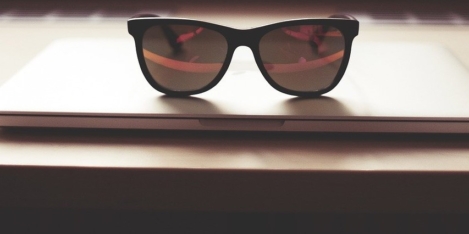
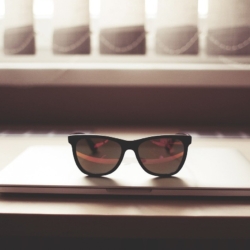




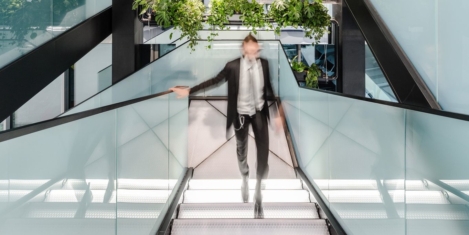

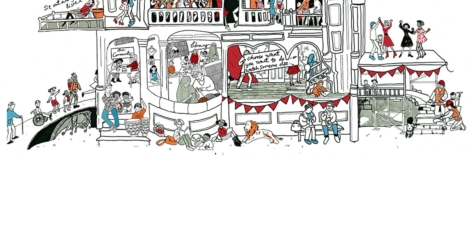
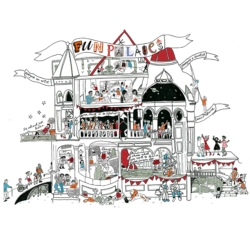









August 3, 2020
Isaac Asimov’s remarkable 1964 predictions about life and work in the 21st Century
by Mark Eltringham • Comment, Technology, Wellbeing, Workplace design